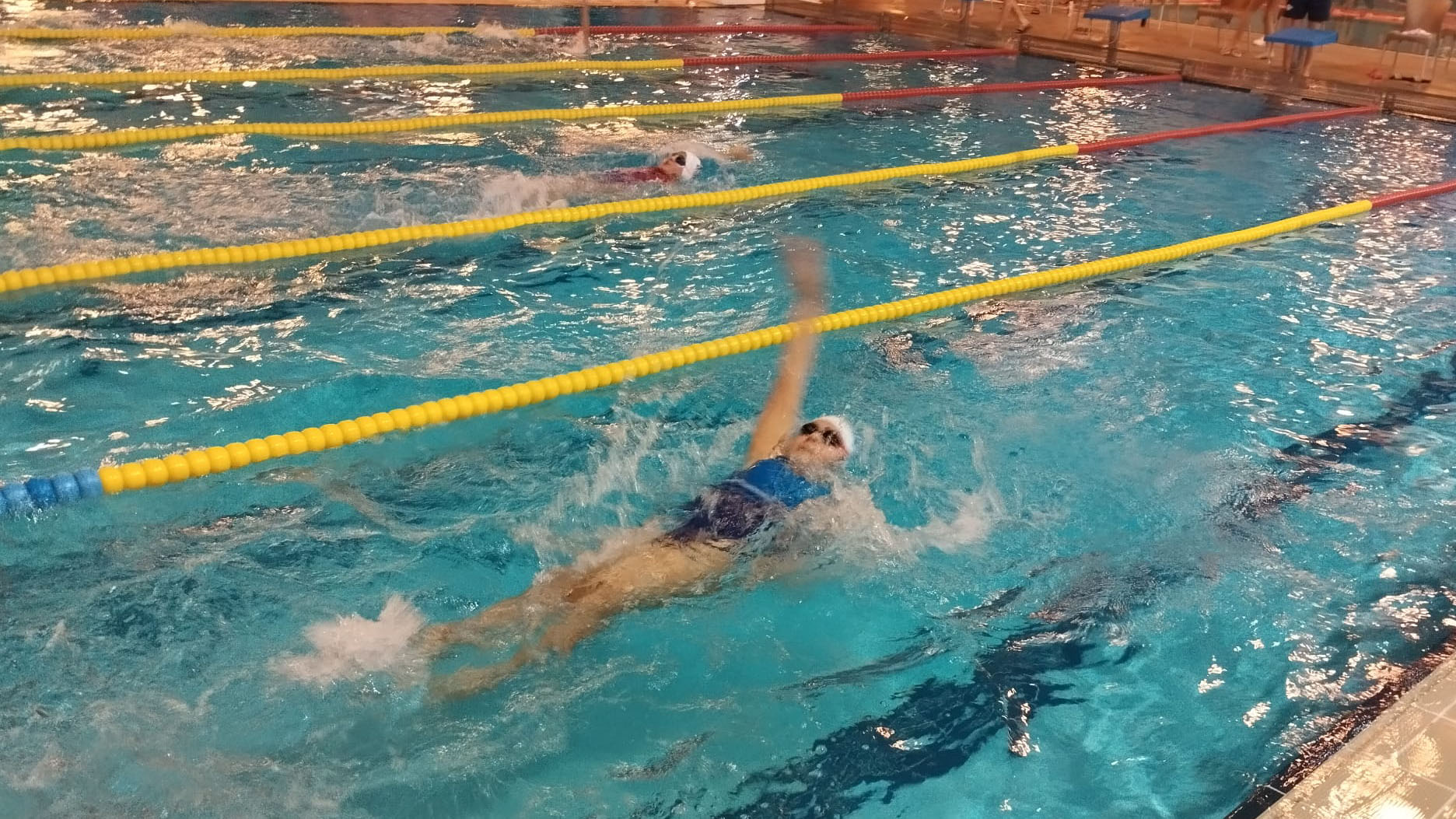School sport is much more than a physical activity; it is a powerful educational tool that transforms the lives of children and adolescents. Through sport, students develop social skills, improve their emotional well-being and discover essential values such as teamwork, resilience and discipline. However, what happens when the value of sport and its benefits are not fully realised?
THE IMPORTANCE OF PROMOTING SCHOOL SPORT
One of the biggest challenges in education today is the growing dependence on technology and sedentary lifestyles among children. According to a World Health Organisation (WHO) report, 80% of adolescents do not get enough physical activity. This has a negative impact on their physical and mental health. As a consequence, it can lead to problems such as obesity, lack of self-confidence and difficulties in socialising.
Moreover, in many institutions, the value of sport is not seen. It is perceived as a secondary activity, neglecting its ability to foster values such as respect, cooperation and perseverance. This limited approach prevents students from taking full advantage of the benefits of sport in their overall development.
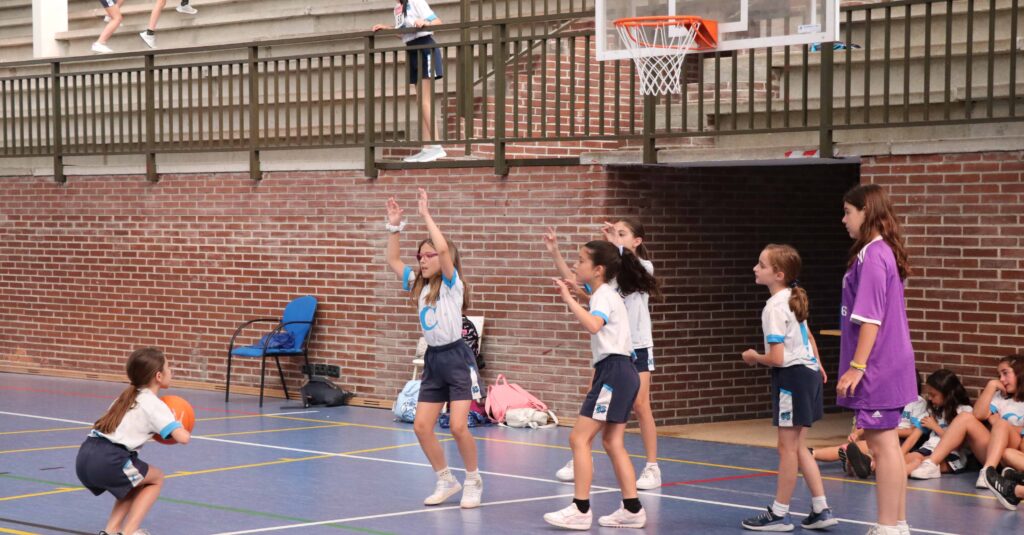
WHY IS SPORT ESSENTIAL AT SCHOOL AGE?
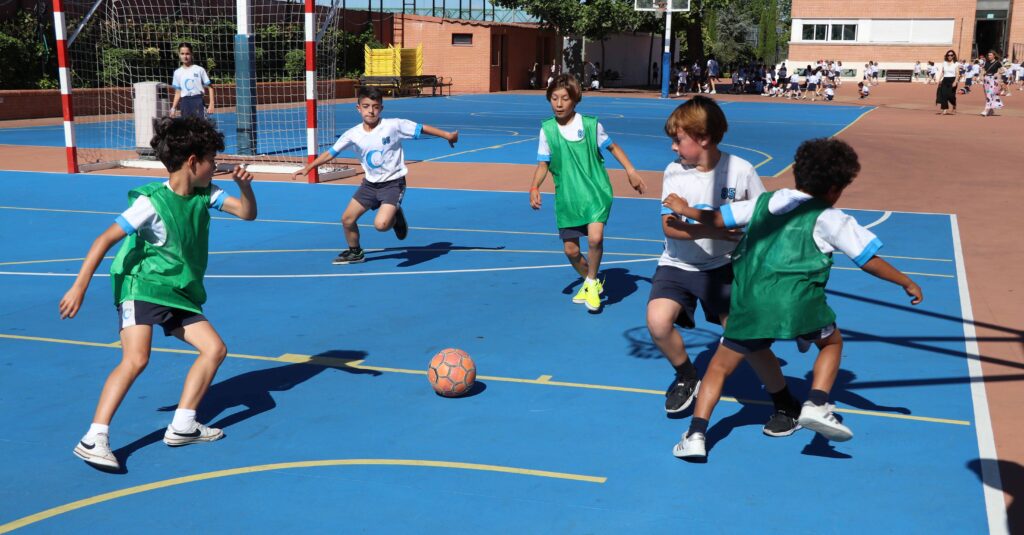
School sport not only improves students’ physical fitness, it also strengthens social and emotional skills. It also reinforces social and emotional skills. These are some of the main reasons why it should be a priority:
- Promotes essential values: Activities such as football, basketball or athletics teach the importance of teamwork, respect for rules and self-improvement.
- Improved school coexistence: According to a UNESCO study, schools with active sports programmes have 30% fewer conflicts between students.
- It promotes emotional well-being: Sport releases endorphins. This helps to reduce stress and anxiety, common problems in adolescents.
- Prepares for life: The values that sport transmits, such as resilience and decision-making, are essential to face the challenges of the world of work and life.
- Encourage healthy habits: Regular exercise from an early age helps fight chronic diseases and improves quality of life in the long run.
CASVI VILLAVICIOSA: AN EXAMPLE OF COMPREHENSIVE SPORTS EDUCATION
At Eurocolegio Casvi International Private School, we understand that school sport is a fundamental pillar in the education of our pupils. Therefore, considering the value of sport, we have implemented a comprehensive approach that combines physical education, extracurricular activities and training in values.
From the early years of Preschool Education, students participate in age-appropriate sporting activities such as psychomotor games, swimming and team sports. In Primary and Secondary, these activities evolve into more structured disciplines and even more innovative sports, encouraging commitment and dedication.
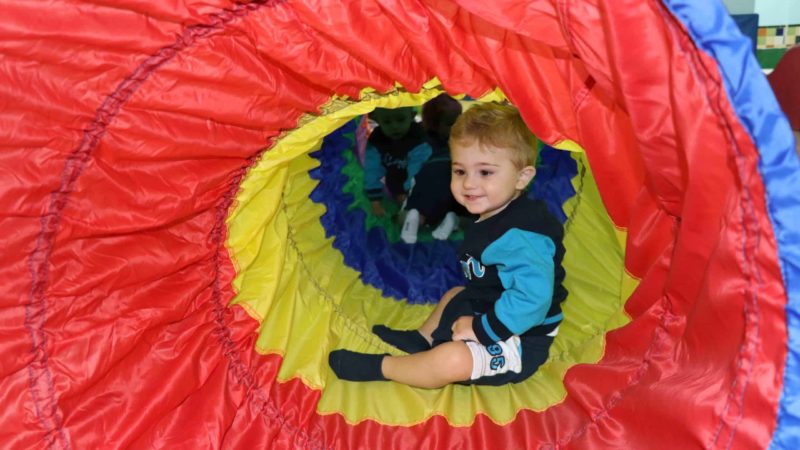
Además, en Casvi Villaviciosa, hemos diseñado programas específicos para inculcar los 10 valores del deporte. Entre ellos, destacan los siguientes:
- Teamwork.
- Sports spirit.
- Self-improvement.
- Respect for diversity.
- Trust and leadership.
Our highly trained physical education teachers do not only teach sports techniques. They also act as guides to help students discover their potential and overcome their own limits.
INSPIRING TESTIMONIES
Ana, a high school student, tells how school football helped her overcome her shyness:
“Before I joined the team, I had a hard time participating in class. But thanks to sport, I learned to trust myself and to work with others to achieve a common goal”.
“The internal football and basketball tournaments not only encourage physical activity, but also strengthen the bonds between the students and create an atmosphere of respect and camaraderie.”
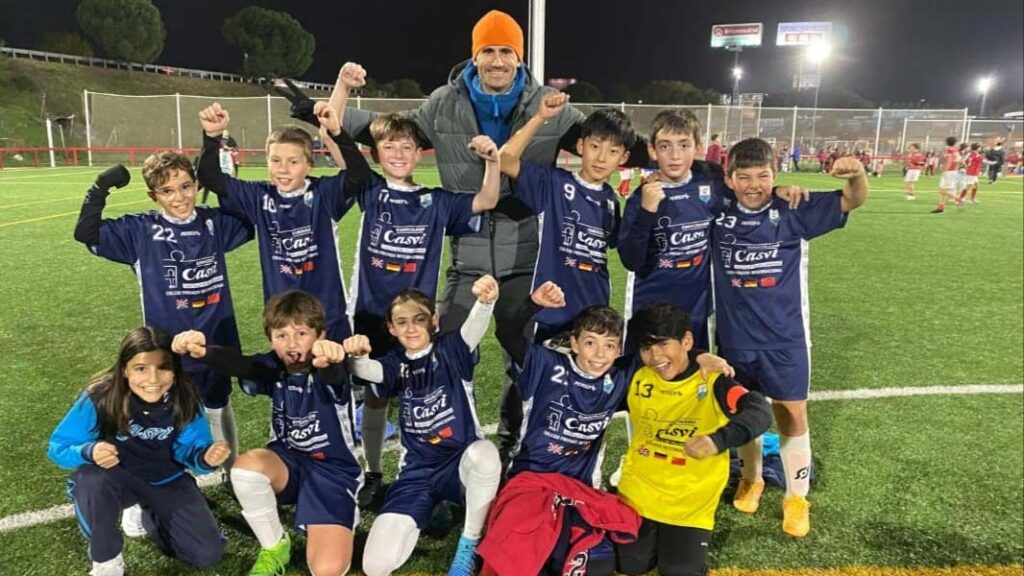
HOW TO IMPLEMENT SPORT IN SCHOOLS
If you want to promote the value of sport, and integrate it as an educational tool, here are some good practices:
- Offer a variety of disciplines: In addition to traditional sports, include activities such as swimming, basketball or individual sports to cover different interests.
- Encourage voluntary participation: Design recreational and competitive activities that motivate students to participate actively.
- Involve the educational community: Organise sports days involving families and teachers to reinforce the sense of community.
- Set clear objectives: In each activity, focus on specific values you want to convey, such as teamwork or perseverance.
- Measure impact: Conduct surveys or meetings to assess how sport is benefiting students and adjust programmes according to their needs.

